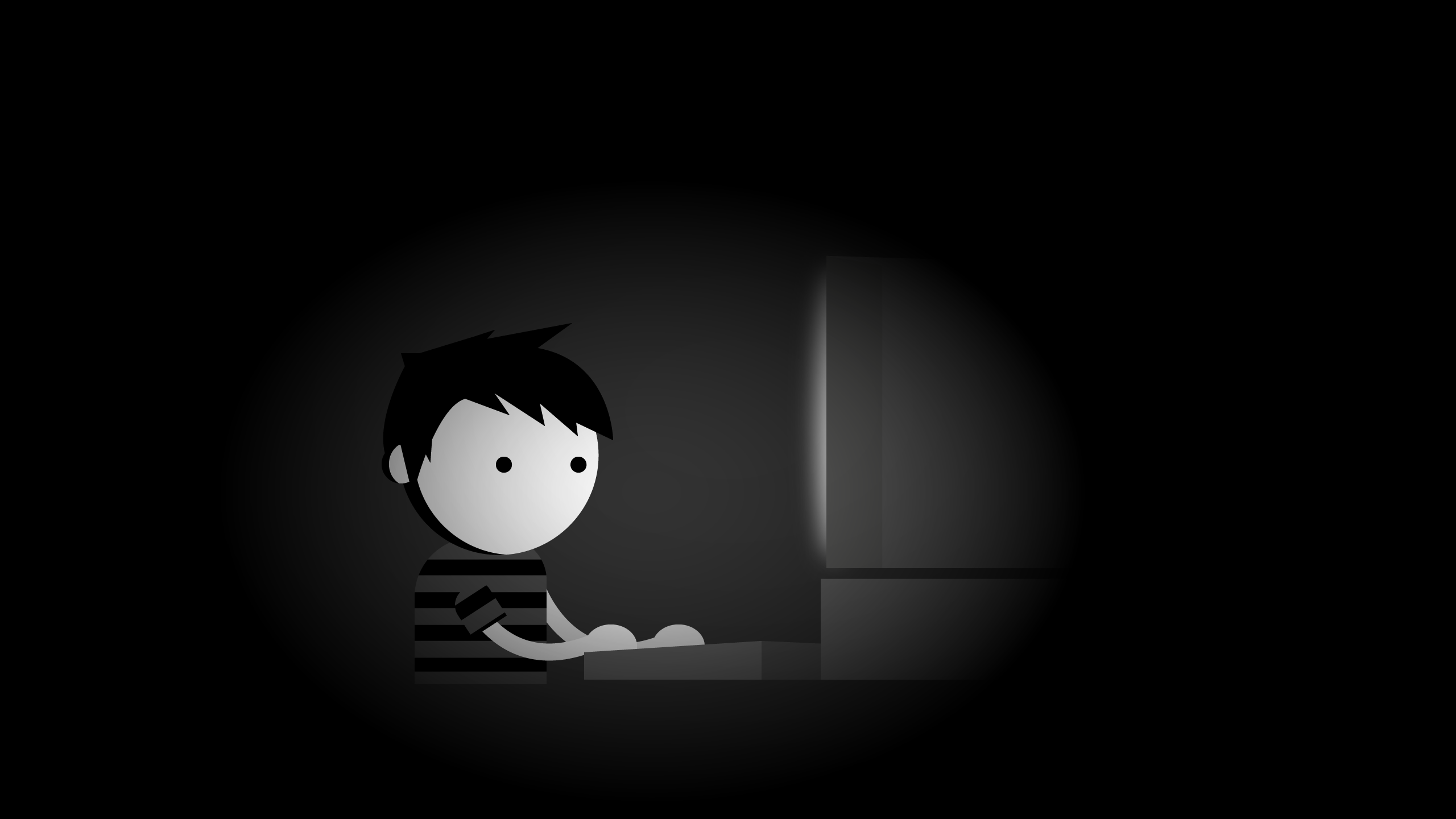I used to build bombs in my basement. My friend, a guy who called himself Damage Inc. on the BBSes, built pipe bombs and made a rocket launcher that shot small Estes rockets tipped with razors. We set them off in abandoned fields and fired rockets into trees. We lived in Columbus, Ohio, where there were wide stretches of open field and wide vistas of open time and we were bored and we made and did things that would have got us arrested today.
I can’t excuse my behavior and this isn’t an epistle about the artist as a shitty young man. I was a curious kid and the interest all sorts of things – bombs, guns, WWII – was part of that curiosity. It was partially morbid and partially historical – my family had visited Auschwitz on an early trip to Poland and it effected me deeply – and partially subversive. It was also gross and wrong, although I couldn’t have told you that in 1990.
I see a lot of what I was doing back then in what’s happening today.
But what’s happening today is far more visible, far more violent, and far scarier than two kids in a suburban tract home shooting Estes rockets at hay bales. There is a penchant for lonely, introverted males to invest deeply in cultures that will accept them. There’s a reason Gamergate happened, the reason 4chan is such a roiling pit of snakes, and a reason there is an entire culture dedicated to the “maintenance of the white race.” Again, there is no excuse for it but I believe we can, in time, learn to stem the tide of young men turning toward insurrectionist philosophies as a relief valve for societal, sexual, and positional pressure. At least I hope we can.
First, understand that I didn’t enter my fascination with violence in a vacuum. Unlike many of the current espousers of Blut und Boden my grandfather Herman actually landed at Normandy and, according to lore, pulled a Luger off of a dead German. That’s the same Luger he eventually pulled out during a 1950s cocktail party in Martins Ferry and accidentally shot into the ceiling of my grandparent’s home. My father, for his part, sat out Vietnam because of his eyesight and seemed lesser for it so he made up for by researching the history of the World Wars. He told me about World War II and the horrors therein. He bought me books on the holocaust and gave me the Painted Bird by Jerzy Kosinski, a book about a boy’s travels through the Boschian hellscape that was Poland during the war.
All of this melded into the subversive nature of the nascent Internet and DInc. and I reveled in it. We hung out on bulletin boards and chatted at all hours. We weren’t crass, as far as I remember, but we were totally into bombs and the Anarchist’s Bible and general mayhem. Why we didn’t act on these impulses in a more damaging way is unclear – I’ve heard far worse coming-of-age stories from this era ranging from theft to arson – but we managed to sail that rocky strait and steer clear into college where childish things were forgotten.
I worry that in today’s experience the child is born, socialized, and finds his friends online. My own son was talking to kids in Sri Lanka while playing Minecraft at age 9 and he now keeps contact with a small coterie of players who have moved from snakes.io to slightly more violent games. I try to keep him in check but there will be a time when that will be impossible.
Further, when all your friends are online you don’t make many in real life. This further isolates you in the real world and ensures that any poison dripped in your ear via IRC or forums is taken readily and greedily. It frankly frightens me as a father.
I was lucky. I had a friend, Rick, that like to play guitar. We wrote songs. I had a good teacher, Mrs. DeFrancis, who made me love English. I had good friends off of the computer because in 1993, the year I graduated, the Internet could not suck me in, it did not metastasize my youthful rebellion into a belief in real hate. I explored boundaries of good taste but those boundaries were not rendered elastic by the endless expanse of social media.
What brought all of this up – and there is a point, here – is this fascinating article written by Josh Quittner in 1994. The articles starts with what might be one of the most dated references in online discourse: “It wasn’t Trashcan Man’s idea to raid rec.pets.cats, though I’m sure he wished it had been.”
The story, written just before the Internet entered into daily use, described a war between alt.tasteless, a Usenet thread that featured horrible opinions on awful things, and a Usenet thread dedicated to cat lovers. Alt.tasteless had everything that we have now: tasteless in-jokes, memes (they liked Vegemite for its disgusting nature), flame wars, and real life bad behavior. The main character in the tale, Trashcan Man, probably grew up like I did – he set off fireworks but he also went to Columbia University – but his experience was formed by the burgeoning nastiness of Howard Stern (whose shows often featured a young Donald Trump) and the free-for-all nature of the early Internet. In the ouroboros of politics the right and the left meet at the point when the snake eats its tail. On one side the left rages for complete openness and on the other the right rages for the same. It will ever be thus.
Trashcan Man and his friends attacked the cat Usenet group in a series of disgusting raids, offering fake advice about cat training and health and generally screwing things up for everyone. Trashcan Man stopped only when his “Net” access was about to be suspended.
“See, when I got suspended, the biggest loss was not school – I didn’t give a flying fuck,” he said. “It was the Net access – not being able to post, not being able to get e-mail…. It’s a very effective tool to control me.”
Trashcan Man slowed down considerably, focusing instead on trolling on his internal groups. But Quittner wrote something fascinatingly prescient in the very end.
In the fall, Trashcan Man will graduate, God willing. He has no immediate plans, other than to “get a job. Preferably a job with Net access.”
In the long run, though, “I have political aspirations,” Trashcan Man said. “I’m a member of the Republican Party on campus. I have often proclaimed that I am the future of the Republican Party.”
Trashcan Man, for his part, didn’t go into politics. You can find him online. But others like him did.
“That thing that we saw way back when was how a group of people could shut down conversation,” said Quittner 23 years later. “It’s something that’s never been mitigated.”
The odd thing, said Quittner, is that the behavior exhibited by those Usenet users never stopped but instead, in his opinion, has gotten worse.
“Humans are very mischievous. We mike to beat up on people. And when you’re young that drive is stronger,” he said. “The computer is just a reflection of us and it amplifies our best and our worst attributes.”
Thus we see the source of all paranoid thoughts – the closing of the mind and an insular acceptance of a shared experience. The same thing that happened then is happening again. Or, shall I say, is still happening. Game developer and writer Colin Spacetwinks wrote:
We now meet a generation that is completely socialized online. Anecdotally I see two or three types of men coming out of this generation. The first case is the simple “regular dude.” There are plenty of guys who are as normal as any other generation, albeit more cosmopolitan in their interests and intellect. Then you have the empaths, folks who came out of that crucible who are empathetic to a fault, eager not to displease for fear of trolling or online attacks. And, finally, you get the angry young man, a type that is in no way new in terms of emotion but deeply novel in their presentation. You can see them in flame wars and in the flicker of torchlight in Charlottesville. And they think they are being contrary, correct, and righteously angry. They are fighting the power in their own special way.
We are all remiss. My father ignored my interest in bombs and razor-tipped rockets and led me down a path of interest in Naziism primarily because he was interested in all of those things and he was my role model. DInc., an older boy, had access to guns and bows and other implements of destruction and I hung out with him because he was cool. Again, nothing happened because of this interest but it could have.
Teenage gangs of all stripes – whether real or virtual – are powder kegs. Rene Denfeld’s fascinating and horrific book, All God’s Children, details a world in which real street kids form street families together and create “Rambo games” or, later, “drama” designed to inject excitement into a life of fear and boredom. Further, gangs in general – including ISIS-like organizations – are made up of impressionable young men led by older men. Finally, online you create a world in which peer pressure can sustain violent behavior. The Internet is a stand-in gang that can reach any disaffected kid.
When a child’s only friends are disembodied voices on a team chat howling about each other’s mothers you tend to create a culture in which that is accepted. Again, no excuses, just objective evidence. And this is not to say that my sweet 11-year-old boy or anyone else’s will turn into a hate-spouting teen because they play Grand Theft Auto but the chances are that his deep and abiding interests in various subcultures will define his personality for at least a decade, between the exploratory pre-teen age to the end of modern puberty at about twenty-four.
The answer, I think, isn’t constant supervision but caring interest. There are plenty of positive alt-worlds that a young introvert can explore, from the inclusive world of STEM/Arduino/Raspberry Pi to the almost comically wholesome Killer Queen communities. In college many of these men find each other in boardgame groups and organizations like Carnegie Mellon’s KGB. In those organizations they find fun, companionship, and even love. But if you are too isolated to see that light at the end of the tunnel a frightening future is all we have.
When I was a child I thought as a child. What I thought, at times, was awful, but it was tempered by familial love, friends, and a supportive school. All those are available to many and unavailable to many more still. My single prayer as we enter this era of always-on childhoods and dark communities with their own violent visions is that we all, whatever our beliefs, eventually see light.
John Biggs
http://feedproxy.google.com/~r/TechCrunch/JohnBiggs/~3/ZlGsOGXgw6I/
Source link


